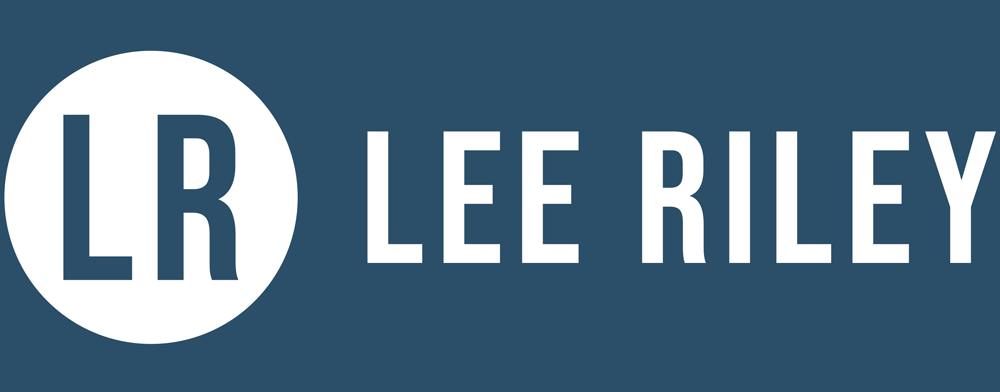Workplace Culture 101
It’s All About Culture
Your workplace culture is the foundation of your enterprise and, over time, is the best determinant of your long-term success. It will augment or undermine everything else you do. Gallup's research tells us that 70% of the performance difference between teams or departments is due to the culture created by those in leadership. Their metrics for success go far beyond mere financials. They reflect a number of variables such as employee engagement, customer satisfaction, turnover, innovation, quality, and other intangibles. Skilled leadership is that important.
Built From the Ground Up
Your current culture is what it is today because of the collective behaviors of all parties involved; it’s built day by day from the ground up. When each member of your organization takes responsibility for this and strives to do their part in making things better things will de facto improve. Yes, this begins with those in leadership, but ultimately it includes everyone in the organization.
The Slippery Slope
Unless it’s deliberately engineered, workplace culture always erodes over time. Think of this as organizational entropy—the natural decline of all high-functioning systems when left on their own. This decline is inevitable unless you counter it through the “best practice” habits, skills, and mindsets that characterize all great organizations. When these become “the way we do things here” you’ve got the recipe for long-term success.
Trust Builds Authority
Good employees want strong leaders. Strong leaders build authority through trust, not position or power. In fact, trust is the connective tissue of all vital organizations; compromise this—or don’t establish it in the first place—and you’ll never realize your greatest potential. When leaders demonstrate care and respect as their first management responsibility, they’re in the best place to hold employees accountable to high workplace standards.
Develop Potential
We often become aware of our workplace culture only when it’s clearly broken and we’re suffering the consequences. Don’t forget that effective leadership does far more than fix problems; done well, it’s highly empowering and helps to develop the untapped potential that exists within each individual in your organization. In turn, empowered individuals bring a contagious positive vibe to the organization and do what’s needed to keep it there. As Maslow noted, there’s no greater carrot than self-actualization, and those who supervise others are in a great place to contribute to this.
Leadership’s Role
Formal leaders (i.e., those with organizational authority) always carry the lion’s share of the responsibility for the culture you have. First, your behavior de facto establishes what “normal” looks like, which will have a ripple effect throughout your organization…for good or bad. Second, if it’s not working well, who else has the authority to fix it? Only when leadership decides to take this on as a priority will it change. With this in mind, here are three questions that everyone in leadership should ask themselves:
Am I self-aware and do others look to me as a role model for how to grow as a leader?
Am I willing to hear the hard truth about myself? Am I willing to accept that I’m both a part of the problem and the source of the solution? Am I open to challenging myself, changing my perspective, and building new habits—because I know any positive change starts with me? None of this is easy, but for leaders who take this on, the payoff is real, both professionally and personally. You’ll even sleep better at night.Do I understand organizational dynamics as they play out between people?
Ego, fear, threat, status, competition, avoidance, connectedness, apathy, uncertainty, fairness—these, and other human motivations, are at this very moment shaping the culture of your organization. Add to this the felt differences in power between individuals and things can get really tricky. When you know where these come from and how you’re able to shift them in a positive direction through specific actions, you’re in a good place to do great things.Am I committed to my organization’s success?
Think of commitment as the engine that drives you forward and keeps you determined to grow. How easy is it for any of us to lose sight of this and become stagnant? One of the most effective ways to keep your energy and focus is by asking yourself, how can I use the position and authority I have to empower those around me to succeed? This is the boss everyone wants to work for.
Let me help you engineer your best workplace ever.
“You can buy a person’s hand, but you can’t buy his heart. His heart is where his enthusiasm, his loyalty is. You can buy his back, but you can’t buy his brain. That’s where his creativity is, his ingenuity, his resourcefulness.”

